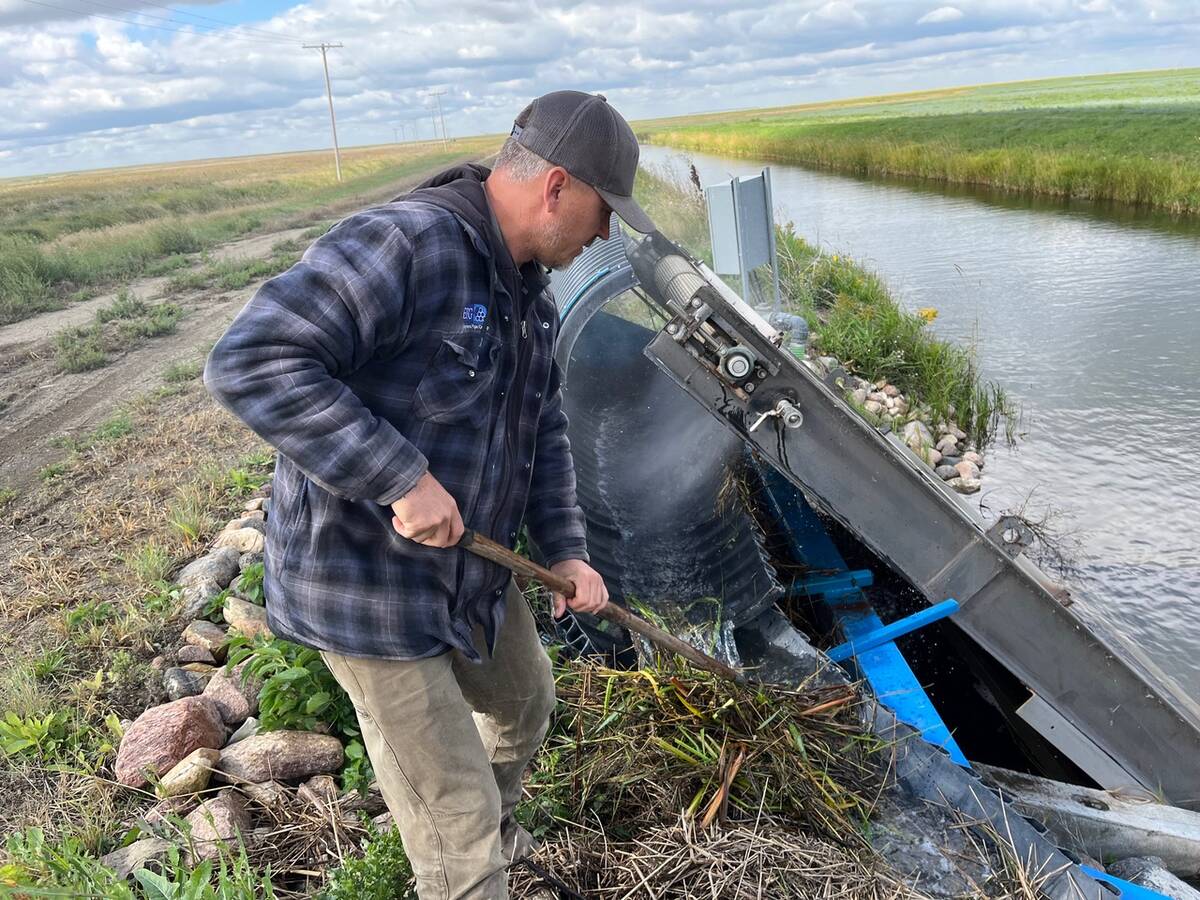Horse welfare advocates hope the loss of a Saskatchewan slaughter facility doesn’t lead to the kinds of problems experienced in the United States after that country’s plants closed.
Natural Meat Company, formerly Natural Valley Farms, closed at the end of January.
The Canadian Food Inspection Agency had suspended the company’s operating licence in December because of food safety concerns.
Tim O’Connor, manager of media relations at CFIA, said the agency suspended the licence temporarily and provided direction to the operators on how to comply with requirements.
Read Also

Saskatchewan farmer uses tile drainage to manage water
The integration of both irrigation and tile drainage results in higher yields, water efficiency, improved soils and less nutrient runoff, says one producer.
“It was not animal welfare concerns,” he said.
However, at the end of January the operators decided to close the slaughter facility at Neudorf and processing facility at Wolseley.
The Belgian company Velda was leasing the plant to slaughter horses for the European meat market. The company had also operated the Cavel plant in DeKalb, Illinois, before federal legislation shut down the American horse slaughter industry.
Natural Meat Company had been in court-ordered receivership since last fall after accumulating debt of more than $25 million. The receiver, Clark Sullivan of Sullivan Associates, said last week the lease was due in mid-February and the parties could not come to satisfactory terms.
All this has left the horse industry concerned about what will happen to thousands of horses that should be humanely euthanized.
Bill desBarres, chair of the Horse Welfare Alliance of Canada (HWAC), said slaughter at a regulated facility is the preferable treatment for a horse at the end of its life.
“The concern is that they (Natural Meat Company) were processing a number of thousand of horses a year, some from the United States and some from Canada, and we don’t want the same thing that has happened in the United States to happen here,” he said.
Accounts of horses starving in fields, left untended or turned loose to face predators or dangerous roads after they’ve lived their lives in relatively confined spaces are common.
DesBarres said HWAC formed nearly a year ago to provide accurate information and education to horse owners about their responsibilities through the life and death of their horses.
That death could include a processing plant, which desBarres said is the most humane because it is done professionally, with no stress and under regulation.
“I have witnessed it,” he said. “The horses become insensible instantly. They are not terrorized in the moments leading up to it.”
Horse slaughter facilities operate in British Columbia, Alberta, Ontario and Quebec, and desBarres said people might not know horses are purposely bred in Canada for human consumption.
About 16 percent of the world’s population eats horse meat regularly. DesBarres said horse meat shops exist in Calgary, Edmonton and Quebec.
He said consumers have the right to eat the meat of their choice.
“Humanely managed and handled animals make for good meat.”
He said Canada has strict regulations regarding transportation, handling and slaughter of horses.
“Our hope is that we can always accommodate the humane euthanization of all livestock.”

















